Can I File A Civil Lawsuit If I Am A Victim of Assault and Battery?

Can I File A Civil Lawsuit If I Am A Victim of Assault and Battery?
Victims of assault and battery have the right to sue their attackers for damages. It is not necessary that the defendant first be convicted in a criminal trial, or even charged with a crime. If the plaintiff suffered damages because of the defendant’s wrongful actions, he or she can file suit.
Damages for assault and battery may include medical bills, psychological counseling, lost wages, lost earning capacity, pain and suffering, and more. In some cases, victims may also be awarded punitive damages, which are designed to punish the attacker and deter future wrongdoing.
If you have been the victim of assault or battery, you should speak to an experienced personal injury attorney to discuss your legal options. An attorney can help you understand the value of your case and fight for the compensation you deserve.
What types of acts can I sue for?
There are many different types of acts that can give rise to a civil suit for assault and/or battery. Some of the most common include simple assault, simple battery, battery causing serious bodily injury, assault with a deadly weapon, vehicular assault, sexual assault, sexual battery, or domestic violence.
Any of these acts can have serious consequences for the victim, and it is important to seek legal help if you have been the victim of any type of assault or battery. An experienced attorney can help you understand your rights and options under the law. Don’t hesitate to get the help you need.
What Constitutes “Assault” In the State Of New Jersey
Assault is a serious crime in New Jersey, and the penalties can be severe. If you are convicted of assault, you could be facing jail time, fines, and a permanent criminal record.
Assault is defined as the willful and wrongful threat of the use of force. If force is used, it is no longer assault; it is “battery” (discussed below). To be liable under New Jersey assault law, the defendant must also have been aware that a reasonable person would have believed the threat and could apply force to the other person. In other words, the threat must have been credible.
Examples of assault include during a domestic argument, a man raises his fist and threatens to hit his wife; after a professional baseball game, one team’s fans form a circle around a fan from the opposing team and threaten to beat him up.
Penalties for assault in New Jersey can include jail time, fines, and a permanent criminal record. If you are convicted of assault, you could be facing serious consequences that will affect the rest of your life. If you have been charged with assault, it is important to contact an experienced criminal defense attorney who can help you fight the charges and protect your rights.
What is “battery” In the State of New Jersey?
New Jersey defines “battery” as the willful and unlawful use of force or violence on another person. The force does not need to be significant to constitute a battery.
Examples of battery include:
- A woman throws a pot at her husband during an argument.
- A security guard at a nightclub uses excessive force to remove a patron.
- A man slaps his teenage son for coming home late.
- A girl violently rips off someone’s backpack.
If you have been the victim of battery, it is important to seek medical attention and contact the police. You may also want to consider pursuing legal action against the perpetrator.
Who can sue for assault or battery in New Jersey?
If you have been the victim of an unprovoked threat or use of force, you can sue for damages. An exception is if the contact was consensual. For instance, striking someone in a martial arts class would not constitute battery unless the force used exceeded what was expected and reasonable.
If you have been the victim of battery, you may be able to recover damages for your physical and emotional injuries, as well as any property damage that occurred. Contact a personal injury attorney to discuss your legal options.
Can a third party be held responsible in New Jersey?
If you’ve been injured, you may be wondering if you can sue a third party. The answer depends on the situation. Sometimes, yes. The question is whether another party had a legal duty of care to the plaintiff and was negligent in exercising (or failing to exercise) that duty.
For example:
- Building owners owe visitors a duty of care to keep their premises in a safe condition.
- Employers must provide a safe workplace.
- Companies that provide security guards must ensure that guards are adequately trained and supervised.
- Moreover, a third party may have insurance that covers a particular situation.
Your injury attorney can advise you whether one or more third parties may be legally responsible for your injuries.
Do I need to file criminal charges, or can I just file a lawsuit in New Jersey?
While a criminal conviction is not required for a victim to file a civil lawsuit for assault or battery, victims can sue even if charges are never filed or if the defendant is found “not guilty” at trial. For instance, people may remember that O.J. Simpson was found “not guilty” of murdering his wife, Nicole Brown, and her friend, Ronald Goldman.
But despite his exoneration, the families of the victims sued and won significant damages in a civil trial. This demonstrates that civil lawsuits provide another avenue of justice for crime victims, even when criminal charges are not brought or are unsuccessful. If you have been the victim of assault or battery, you should consult with an experienced personal injury attorney to discuss your legal options.
If you have been the victim of assault or battery, you may be wondering whether you should file a police report. While it is not required, there are several good reasons why you might want to consider doing so.
One reason is that witnesses may be more likely to cooperate with the police if they know that a formal report has been filed. This could potentially lead to a quicker and more successful investigation.
Another reason is that the defendant cannot use the plaintiff’s failure to go to the police as an attack on their credibility. This can be important in both criminal and civil proceedings.
Finally, if the defendant is convicted, the plaintiff can often use this as evidence of liability in a civil suit. This can be a helpful way to obtain compensation for damages suffered.
If you have been the victim of assault or battery, weigh your options and decide what is best for you. Filing a police report may not be required, but it could be in your best interests to do so.
What is the burden of proof in a New Jersey civil assault and battery lawsuit?
Under the “preponderance of the evidence” standard, a jury must simply determine that it is more likely than not that the defendant was legally responsible for the plaintiff’s injuries. If the jury is even 51% convinced the defendant is liable, the plaintiff will recover a judgment. This is a much lower burden of proof than in criminal cases, where the defendant must be found guilty “beyond a reasonable doubt.” Civil lawsuits are therefore often easier for plaintiffs to win.
However, even though the burden of proof is lower in civil cases, plaintiffs still need to present enough evidence to convince the jury that the defendant is liable. This can be difficult to do, especially if the defendant has strong evidence to refute the plaintiff’s claims. That’s why it’s important to consult with an experienced personal injury attorney who can help you build a strong case.
How long do I have to bring a civil lawsuit for assault or battery in New Jersey?
It is important to note that the statute of limitations for assault and battery in New Jersey is two years from the date of the injury. However, in many cases, it is beneficial to file suit earlier, while memories are still fresh, and the extent of injuries is clear. By taking prompt legal action, you can help ensure that you receive the full compensation you deserve.
Can I recover punitive damages?
Punitive damages may be available in assault and battery cases where the defendant acted with “fraud,” “malice,” or “oppression.” These terms generally mean that the defendant either injured the plaintiff intentionally or acted with a conscious disregard for the plaintiff’s rights. If you believe you have been the victim of such behavior, it is important to speak with an experienced attorney to discuss your legal options.
To win punitive damages in a New Jersey personal injury case, the plaintiff must prove their case with “clear and convincing evidence.” This higher burden of proof means that the jury must find it highly probable that the defendant acted in an especially blameworthy fashion. In other words, the plaintiff must show that the defendant’s actions were much more than just negligent – they must have been truly reckless or intentional to warrant punitive damages.
If the plaintiff can meet this high standard, then they may be able to receive compensation that is significantly above and beyond what is available for general damages.
What are the defenses to civil charges of assault/battery?
The main defenses to civil charges of assault and/or battery include (but are not limited to):
- The defendant did not threaten or use force against the plaintiff.
- The plaintiff initiated or escalated the incident.
- The plaintiff was not scared (or a reasonable person would not have been scared).
- The defendant could not carry out his or her threat.
- The contact was consensual.
These defenses can be used to try and get a civil assault and/or battery charge dismissed or reduced. If you have been accused of assault and/or battery, it is important to speak with an experienced criminal defense attorney who can help you determine which defenses may apply to your case.
Related Blogs
No Fee Unless
GGL Wins
We've got you covered.
We are available 24/7/365
One of our advisers will contact you.

OFFICIAL PARTNER OF RUTGERS ATHLETICS



Recent GGL Wins
Auto Accident
Mediation award Plaintiff was injured in an intersection motor vehicle collision resulting in neck and lower back fusion surgeries.
$2 Million
Verdict
Workers' Compensation
25-year-old laborer died in an industrial accident while working.
$1.15 Million
Verdict
Construction Accident
Roofer fell off roof causing head trauma resulting in a head injury. Plaintiff was not given fall restraint protection equipment by contractor.







